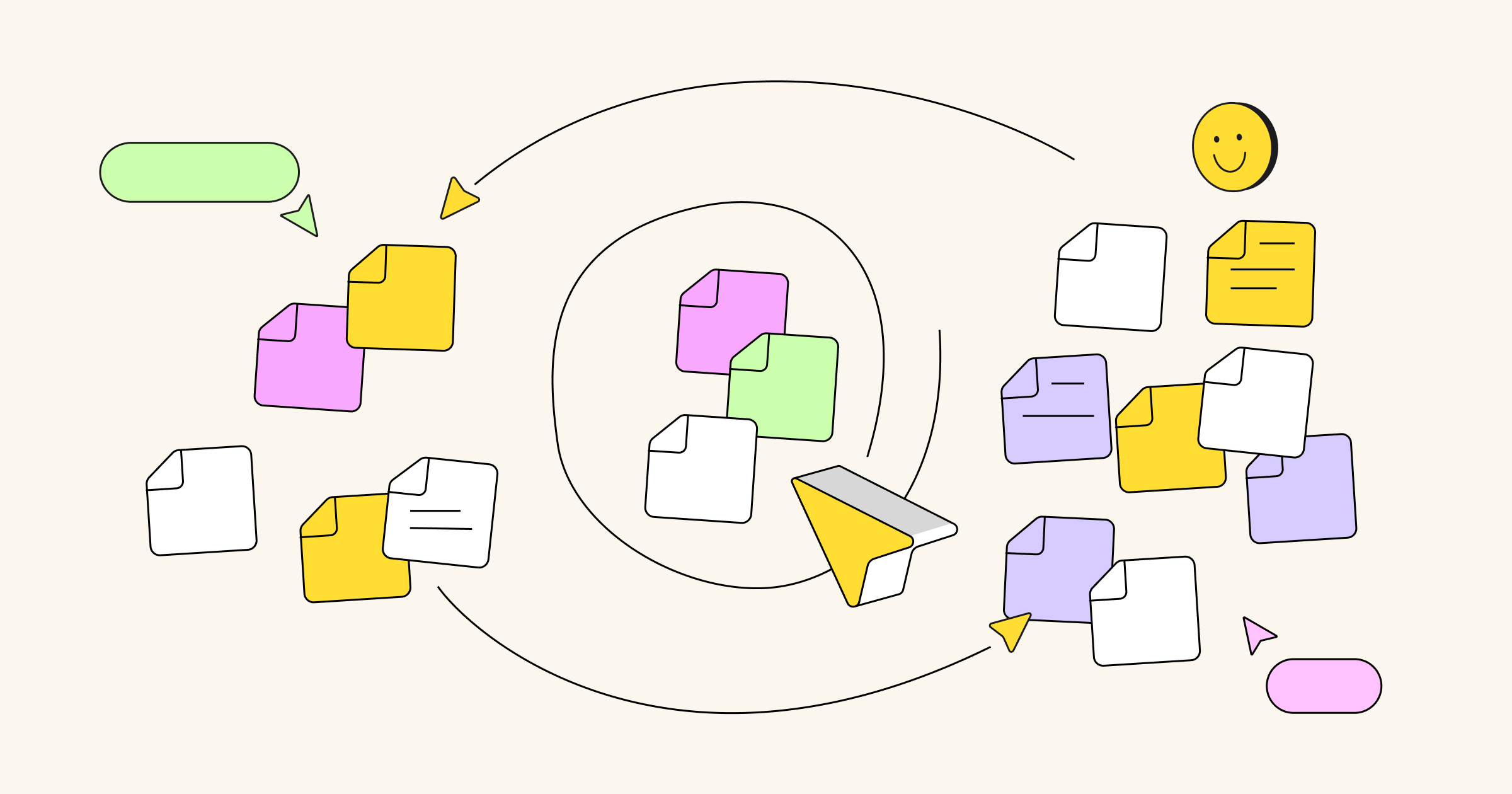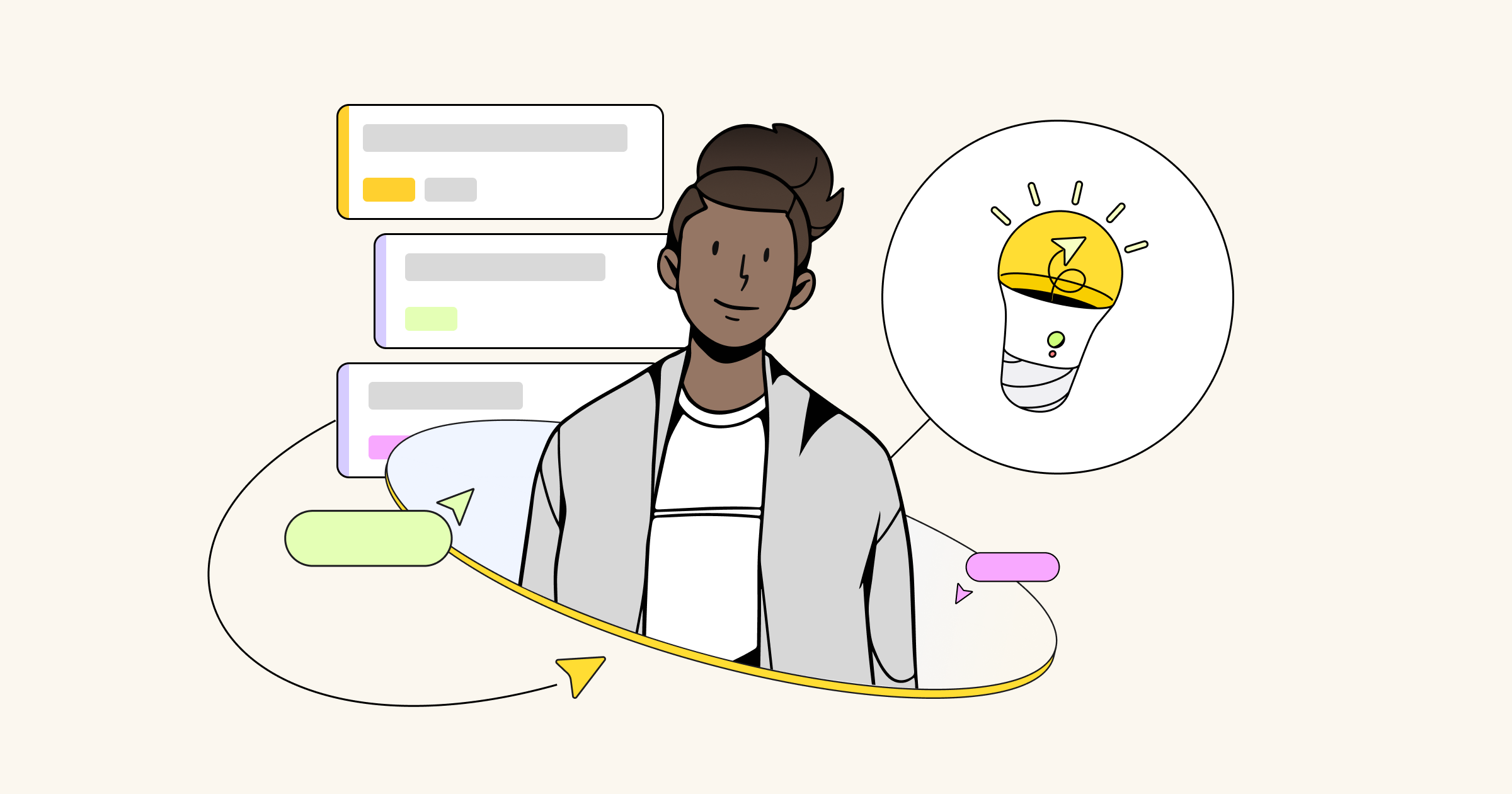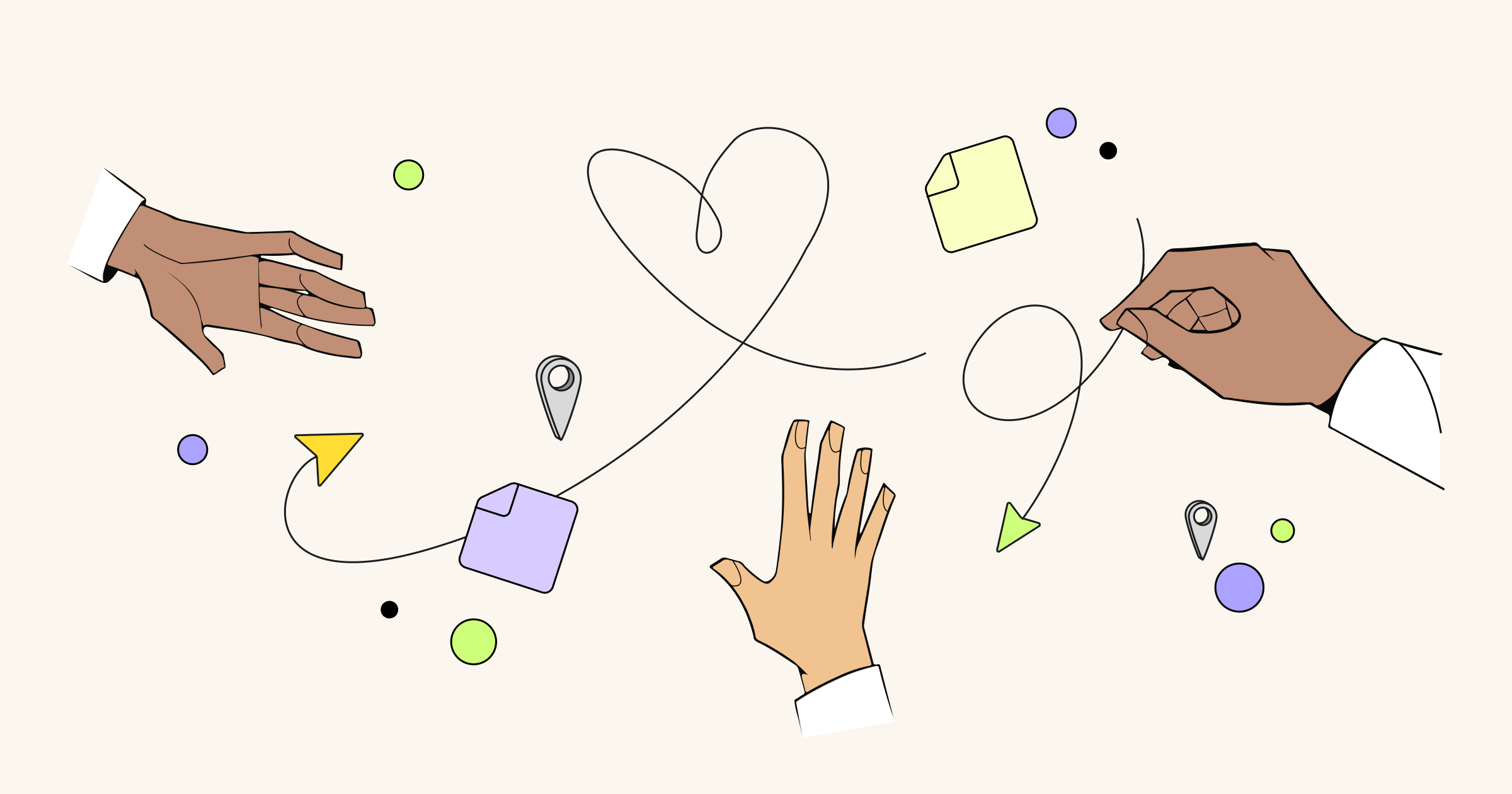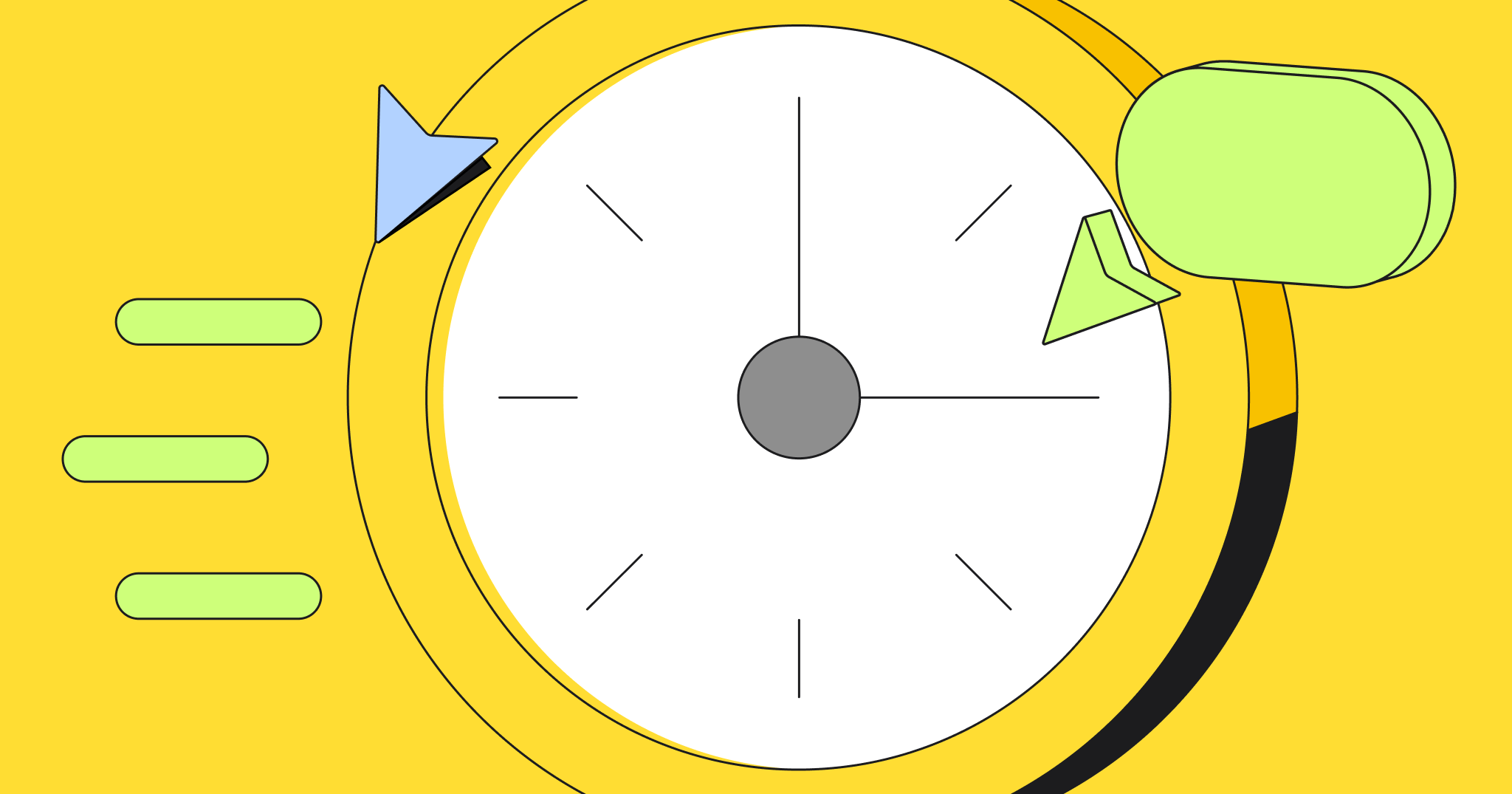A refrain that I hear often these days is that the pandemic forever changed the way we work. And yet, just three years later, it’s not uncommon to see companies requiring their workforces to be in-person full-time, in large part because it’s easier for business leaders to revert to the circumstances with which they’re most comfortable and familiar.
Go with me for a moment — it’s as if knowledge workers have been collectively stretching a giant elastic band in recent years, poised to slingshot work into an ideal future in which it meets both their personal needs and professional ambitions. Upon release, though, the world of work simply returned to its original state. Perhaps, then, organizations just dressed up their old ways of working in a new name (“hybrid”) without adapting their infrastructure, policies, and technology in lasting ways.
The first step leaders can take to counteract this elastic band effect is adopting an “abundance mindset.” Then, after embracing the time they have to find the best solutions for their people, leaders can then meaningfully evolve their employee experience by iterating with intention.
By this, I mean that designing a human-centric organization is an ongoing process that requires continuous and honest input from the people at its center. By actively communicating with and listening to their workforce — and iterating on the experiments that emerge from company-wide Q&As, intranet forums, surveys, and other channels — employers and employees can thoughtfully co-create solutions that foster well-being at the individual, organizational, and societal levels and, in turn, drive true transformation.
3 lessons for Designing a human-centric workplace strategy
At Deloitte, we’ve both experimented with a variety of policies and programs and evaluated other companies’ approaches to building human-centric and human-powered workplaces. Following are a few of the lessons we’ve learned along the way:
1. Foster a culture of feedback and flexibility
I’m proud to have worked at Deloitte for 20-plus years, but I must admit that when I look back at how we innovated during the pandemic, I see now that the company’s perspective didn’t shift significantly at first. We continued to view work through a work-only lens.
With their actions and voices, the people of Deloitte opened our eyes to a more holistic view, in which work is but one element of a much larger life. Everyone has their own priorities and unique rituals for maintaining balance among them, but it wasn’t uncommon to see established barriers break down during the pandemic when personal and work lives suddenly converged.
It was at this time that Deloitte Netherlands introduced Charly Cares — a business babysitter service available throughout the country — to help our employees juggle their personal and professional priorities. The purpose of the program was not to get the most out of our people, but rather — as my colleague Marjolein Heijstraten, Director of Performance and Rewards, has said — to “offer our employees and Deloitte as an organization the flexibility that fits the current way of working.”
As a result of feedback from employees (including my co-author Bram, who then worked at Deloitte Netherlands) about their appreciation for the empathy that a program like Charley Cares exhibits, we transitioned this pandemic-era experiment to a permanent benefit. Dutch employees can now make use of 55 hours of babysitting each year.
We’ve since endeavored to incorporate more flexibility into other ways of working at Deloitte, too. For example, program managers now complete a “project canvas” that defines the rules by which an initiative’s working group operates. Project partners strike agreements on everything from working hours and collaboration rituals to office days and exercise blocks. By empowering people to create and preserve the environment in which they can do their best work, project canvasses in turn foster respectful and trusting team cultures.
2. Unbox people from jobs to unlock their skills
Prioritizing worker well-being is a core responsibility of all leaders — one at which many managers seem to be excelling according to Miro’s recent The Ways We Work survey. Sixty-five percent of knowledge workers agreed that their manager both protects their work-life balance and cares about their emotional and mental health. Meanwhile, these leaders also have obligations to the organization, from driving value to ensuring future-readiness.
It’s essential that leaders keep the best interests of their people in mind, alongside those of the business. Deloitte Insights’ 2023 Global Human Capital Trends Report, New Fundamentals for a Boundaryless World, points to one way in particular that leaders are pairing these two priorities: “Many are experimenting with using skills, not jobs, as a baseline for how workforce decisions are made. When unboxed from jobs, workers have the opportunity to better utilize their capabilities, experiences, and interests in ways that advance organizational and worker outcomes.”
By beginning to build teams around skills instead of rigid roles, leaders can “unlock the workforce ecosystem” — benefitting not just their business, but also their workforce and the world at large. Hilton is at the forefront of implementing this strengths-based hiring experiment, tapping into non-traditional talent within communities in need of work, including survivors of human trafficking, refugees, and formerly incarcerated individuals.
While exploring new ways of hiring is particularly essential during periods of economic uncertainty, our research points to a fundamental, skills-based shift in the way careers, teams, and businesses are being built.
3. Broaden your definition of sustainability — and the scope of your organization’s impact
One specific set of skills that is becoming increasingly essential as we look toward and prepare for the future pertains to green-collar workers — those who manage work processes and tasks in a sustainable world. In fact, LinkedIn data from 2016-2022 shows a growing demand for expertise in areas including pollution prevention (57%), environmental policy (58%), and environmental auditing (67%).
Yet, as my esteemed Deloitte Insights colleagues observe, “in addition to the ‘green capabilities’ required, [sustainability] will involve considering how to instill enduring human capabilities, such as empathy, conceptual thinking…and scenario-based decision-making.” Despite the concern that many share about AI replacing people at work, technology cannot replace these human skills, nor contextual reasoning, risk management and trust, and understanding.
Leading organizations are experimenting with investments in human sustainability, “creating value for current and future workers and, more broadly, human beings and society. Anheuser-Busch InBev, for one, is taking an ecosystem approach to human sustainability by helping clean the water they source to produce beer, supporting the financial well-being of farmers whose crops they source, and striving to make safe beer with indigenous crops for consumption in local communities.
At Deloitte, we’re also experimenting with ways to improve individual, organizational, and societal well-being. For example, we’ve developed a tool to calculate the carbon footprint of various travel scenarios (i.e. by electric car, plane, public transportation, etc.) to mitigate the stress that consultants’ travel-heavy schedules exert on their personal health and that of the environment.
Beyond the environmental and ethical benefits of investing in human sustainability, it’s also good for businesses long term. Forward-thinking organizations can supercharge their talent attraction and retention, with 64% of workers saying they would be more likely to join and remain at an organization that creates value not just for their shareholders, but for society, as well.
Read “The Ways We Work” report
Iterate to innovate
“What got you here won’t get you there.” I find myself reflecting on this well-known business mantra often as I navigate the often turbulent and uncharted waters of the modern era of work. Leaders must now learn to balance the confidence and expertise that powered our rise through the ranks with an open-minded willingness to listen to our people and learn from our peers. In doing so, we can collectively and creatively solve the puzzle of post-pandemic work piece-by-piece.
A penchant for iteration paired with agility can be a powerful combination. For example, when an earthquake devastated Turkey and Syria in February, we listened to our employees with ties to that region and immediately arranged for everyone to dedicate eight hours to volunteer work. Instead of taking weeks to calculate what it would mean for the business to give people hours of non-chargeable time, we empowered them with the flexibility to act and make an immediate impact.
As leaders, it’s imperative to continuously build upon experiments like this to transform employee experience on an individual level, our organizations as a whole, and even society at large.




